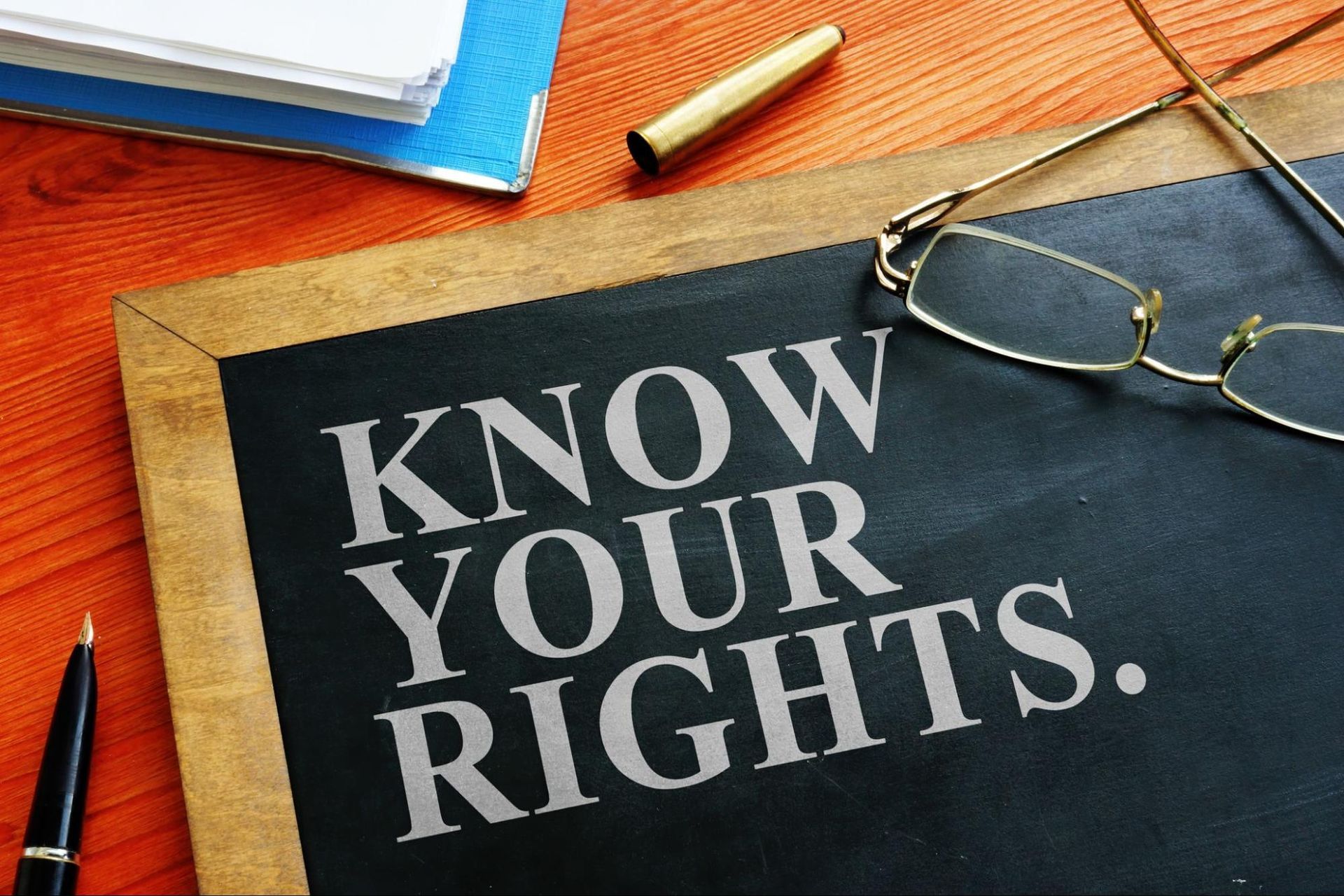Bipolar & Mood Disorder Lawyers in Ontario
We understand how difficult it is to experience an invisible illness and we have assisted many clients with their denied disability claims for bipolar or other mood disorders.
Mood disorders may affect a person’s ability to perform his or her activities of daily living and the ability to perform employment duties.
More about Bipolar & Mood Disorder claims
Mood disorders include major depression, dysthymia and bipolar disorder. Mood disorders are a real medical disorder and according to Johns Hopkins Medicine, most people with a mood disorder have ongoing feelings of sadness and may feel irritable, helpless and hopeless.
What are the most common types of Mood Disorders?
The most common types of mood disorders according to Johns Hopkins Medicine include major depression, dysthymia (chronic low grade depression), bipolar disorder, mood disorder related to another health condition (i.e. cancer) or substance induced mood disorder.
What are the symptoms?
Major depression involves symptoms of sadness, hopelessness, reduced interest in usual activities and other symptoms of depression, occurring for a period of 2 weeks or more.
What are the conditions?
Several medical conditions can trigger the onset of depression/ a mood disorder related to another health condition. These include chronic illnesses (diabetes, fibromyalgia), cancer, injuries and infections.
A substance induced mood disorder refers to symptoms of depression resulting from the effects of drug abuse, alcoholism, effects of medicine, exposure to toxins or other treatments.
Dysthymia
Dysthymia is a chronic, low grade depression that lasts for more than 2 years.
Bipolar Disorder
Bipolar disorder is a condition where people experience periods of alternating mood states, affecting how a person behaves, thinks and functions overall. People with bipolar disorder experience periods of depression and mania/hypomania. Mania/hypomania is when a person feels elated, may exhibit less need for sleep, racing thoughts, and seem to have a lot of energy. Depression is where the person experiences insomnia or oversleeps, loss of energy, feelings of guilt, inability to concentrate, suicidal ideation, loss of interest or pleasure in activities previously enjoyed.
Can you fight your insurer's decision?
If your claim for disability benefits has been denied, you can fight your insurer’s decision. Our lawyers have represented many clients with psychological illnesses successfully resolve their denied short-term and long-term disability claims for bipolar and mood disorders. We are available to speak with you and answer your questions.
*Information courtesy of Johns Hopkins Medicine
Answers to commonly asked questions
-
What is bipolar disorder?
According to CAMH, bipolar disorder is a medical condition where a person cycles through different elevated and extreme moods and depression. There are typically three stages:
- Mania, or a high state
- Depression, or a low state
- Well, where the person feels normal and can function well
-
What are the symptoms of bipolar disorder?
During the mania stage, some of the symptoms include:
- Inflated self-esteem or feeling of grandeur
- Being more talkative
- Easily distracted
- Less of a need to sleep
- Racing thoughts
- Having poor judgement and/or participating in risky behaviour
- Excessive energy
Some of the symptoms in the depression state include:
- Feeling depressed
- Loss of interest in activities that used to be enjoyed
- Weight loss or gain
- Being agitated
- Difficulty sleeping
- Trouble with concentration
- Feelings of worthlessness
- Suicidal thoughts
-
Can I get STD or LTD with bipolar disorder?
Yes. All insurance companies in Ontario recognize bipolar and mood disorders as a disability. However, you need more than just a diagnosis to qualify for short-term and/or long-term benefits.
-
Why was my claim denied?
Bipolar and mood disorders are invisible disabilities, so they are harder to prove. Because if this, claims are often denied. Here are a few reasons why you bipolar and mood disorder claim may have been denied:
- Insufficient medical evidence
- No treatment or inappropriate treatment
- No change on your condition to prove the inability to work
-
How can I change my insurance companies mind?
The most important thing to do is to seek help from a lawyer. A lawyer will help you to reverse your insurance companies decision on denying you your STD and/or LTD claim. There are also steps that you must take to help you with your claim.
Medical Diagnosis
Bipolar and mood disorders are hard to diagnose. As well, many people are diagnosed with depression rather than bipolar. Therefore, it’s important to have medical documents stating that you do in fact have bipolar or a mood disorder, which was diagnosed by a health care professional that specializes in the field.
DSM-5 Diagnosis
The American Psychiatric Association has put out the Diagnostic and Statistical Manual of Mental Disorders (DSM-5) that lists the criteria for a bipolar diagnosis. Having a medical professional confirm your diagnosis through this manual will help your case further.
Treatment
No two people are alike, nor is the treatment plan. However, the main treatment for bipolar and mood disorders is psychotherapy and medication. There are three main types of medications:
- Mood stabilizers
- Antidepressants
- Antipsychotics
You must show that you are receiving treatment, will continue to receive treatment and have plans to continue with treatment in the future.
Latest on Bipolar & Mood Disorder claims



No Upfront Legal Fees
No Bad Questions
Footer
Thank you! Your request for a free consultation has been sent to our legal team.
We will do our best to contact you within 24 hours. We look forward to speaking with you!
Please try again later
1120 Finch Avenue West, Suite 500
Toronto, ON Canada M3J 3H7









